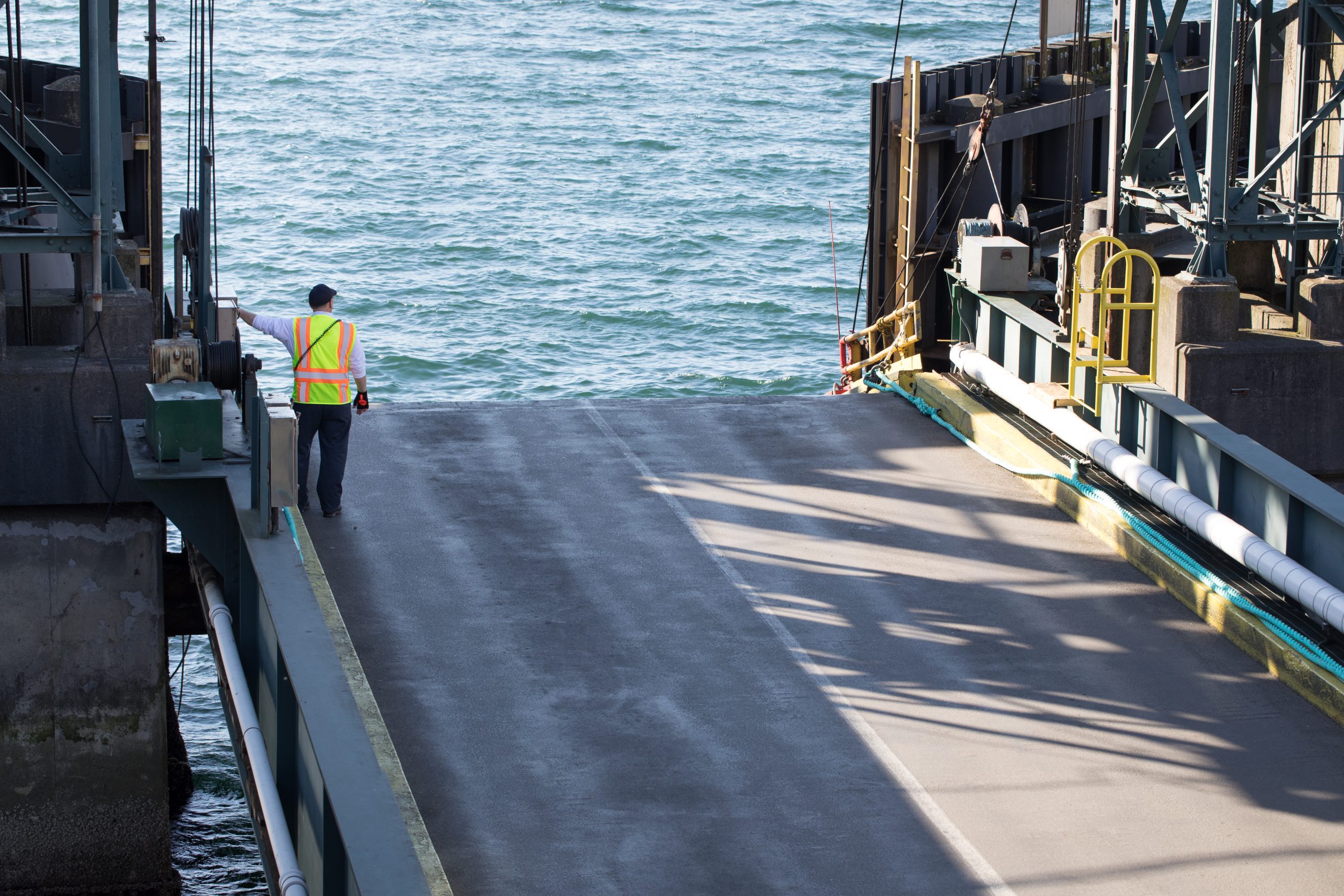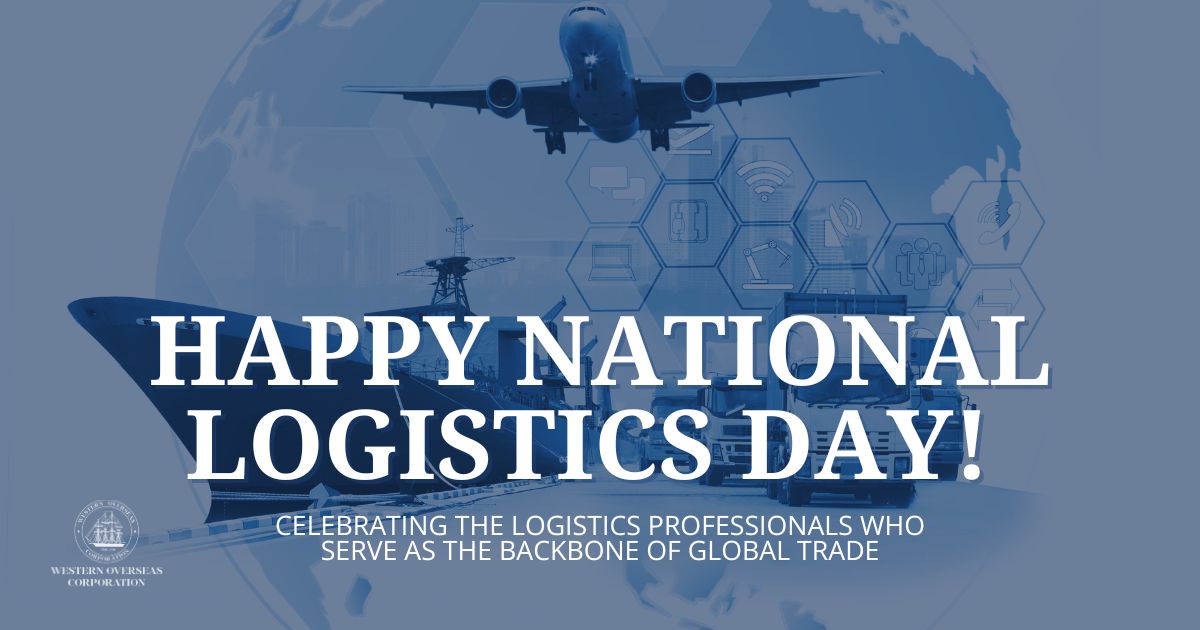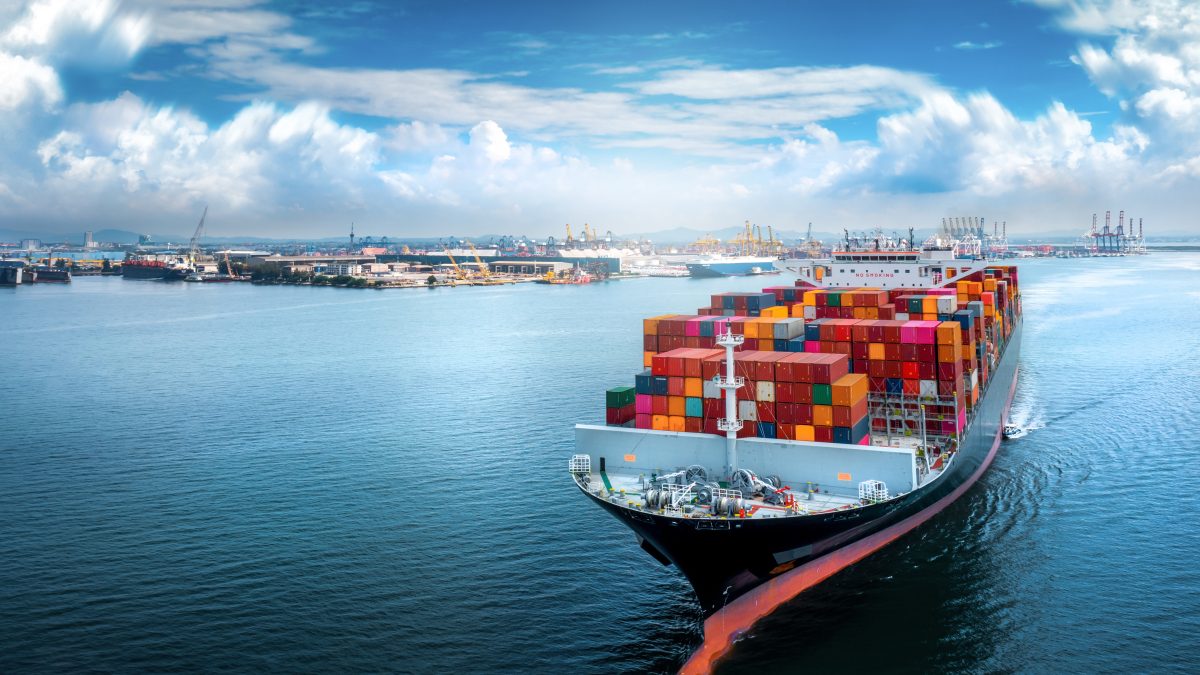
Negotiations Between ILA & USMX Come To A Halt: Potential For East Coast Port Strike
June 11, 2024
Your Trusted Logistics Partner
June 28, 2024BOND SUFFICIENCY CONCERNS
COULD YOUR BOND BE IN DANGER OF BEING RENDERED INSUFFICIENT BY CUSTOMS WITH THE UPCOMING CHANGES IN TARIFFS?
Pursuant to the Biden Administration’s recent decision to let approximately 60% of the current 301 tariff exclusions on goods from China expire on June 14, 2024, and the impending implementation of new or increased tariffs on other products of China, Customs Brokers and importers should be prepared for a potential spike in bond insufficiencies. When a bond is rendered insufficient, Customs will require premature termination of the bond, which could lead to unplanned disruptions in the supply chain. The new tariffs may go into effect before the end of 2024. Therefore, importers need to be vigilant in monitoring the sufficiency of their Customs Bonds.
When filing a new or increased bond, importers should work with their Customs Broker to properly forecast their upcoming duties, taxes, and fees to ensure they calculate a bond with an appropriate limit to avoid premature termination. They should pay close attention to the products they import to determine if they are included on the list of commodities with expiring 301 exclusions or if the commodity is subject to new or increased tariffs. As importers forecast their future needs, they should discuss their growth plans with their Customs Broker and review large projects that may cause spikes in importing. If their current bond limit is close to being saturated, they should proactively seek a higher limit now to avoid the disruption of an insufficiency.
Terminating and replacing multiple bonds in a short period of time creates an increased stacking exposure for importers. When a continuous bond is filed, it renews annually, and each year it renews, an additional period of liability is created. If there are unliquidated entries on the old bond period, the full liability amount for that old bond period also remains open, even if that bond is terminated. When insufficient bonds are repeatedly replaced with larger bond amounts, this creates an increased financial exposure and unnecessary liability for both the importer and the surety company. It can also contribute to underwriting challenges, as this increased liability may require review of additional underwriting documents, financial statements and/or collateral. These requests may have been avoided if a sufficient bond amount had been filed initially.
How Does Bond Liability Stack Up?
- A $50,000 bond is filed for a relatively new importer with little history.
- Three months later, Customs determined it was insufficient and requires a $100,000 bond.
- The $50,000 bond is terminated (but $50,000 of exposure from this period remains open because there are unliquidated entries)
- A new $100,000 bond is filed (which adds an extra $100,000 of liability for the new period).
- The importer begins a large project, and within two months, the new $100,000 bond is quickly saturated. Customs issues another insufficiency and requires a $200,000 bond.
- After working with the importer and reviewing their future import activity, the Broker determines that a $200,000 bond would also be saturated quickly and that a $600,000 bond is required.
- The $100,000 bond is terminated and replaced with a $600,000 bond.
- The previous $100,000 period of liability remains open.
If the importer had forecasted correctly, they would have filed a $600,000 bond from the start. In the above insufficiency scenario, the importer has stacked up $750,000 in liability in a six-month period instead of limiting their exposure to $600,000. Depending on the financial stability of the importer, the surety may require additional underwriting requirements and/or collateral to approve the additional bonds.
Please contact your Western Overseas representative if you would like more information. You may also request that we run a report to determine bond sufficiency to determine if there is a need to increase a bond to a higher limit and act before Customs issues an insufficiency notice.
Contributed by Avalon Risk Management.



